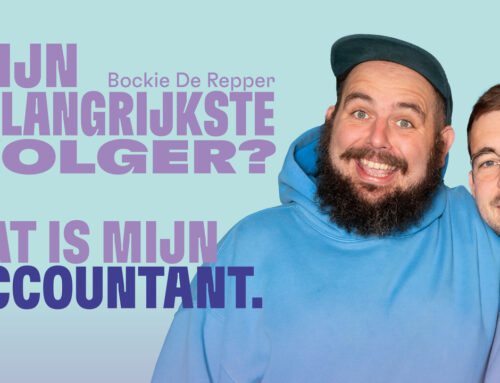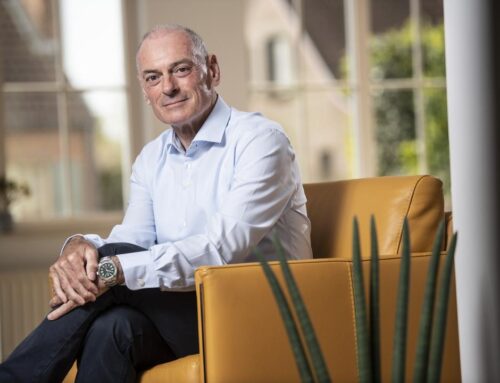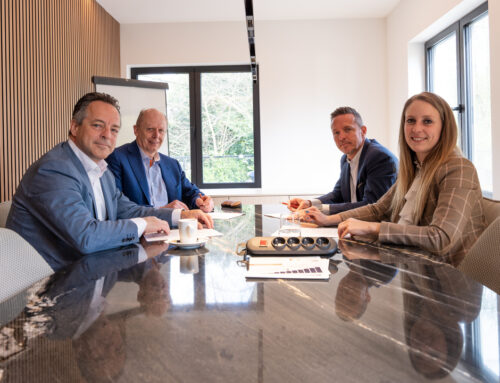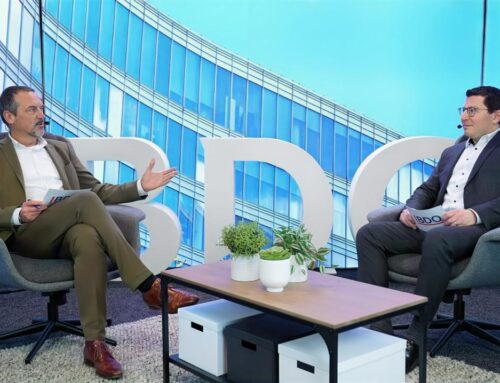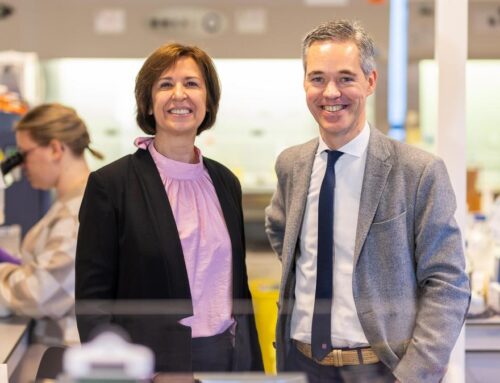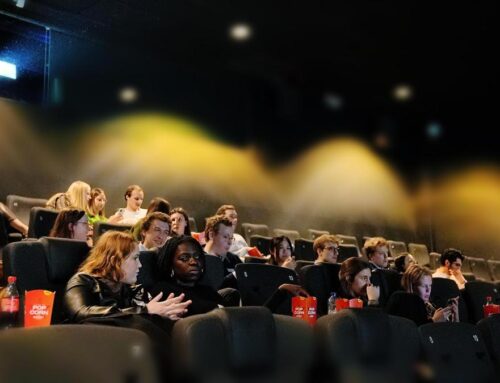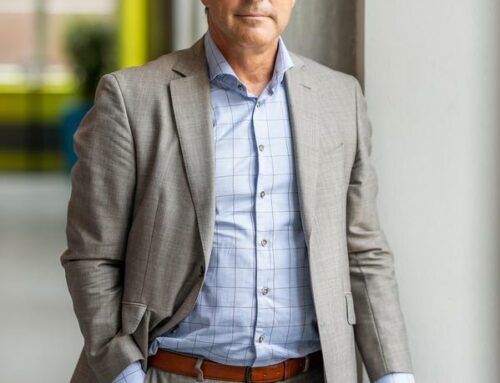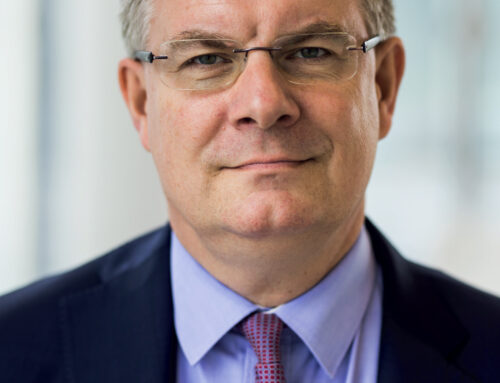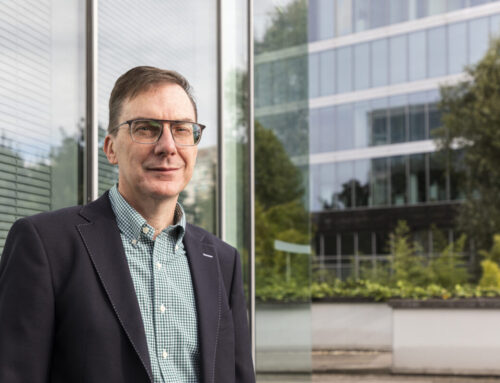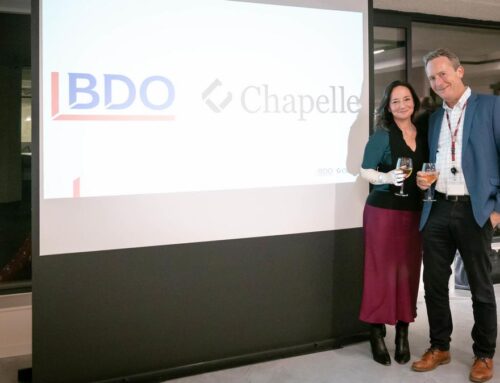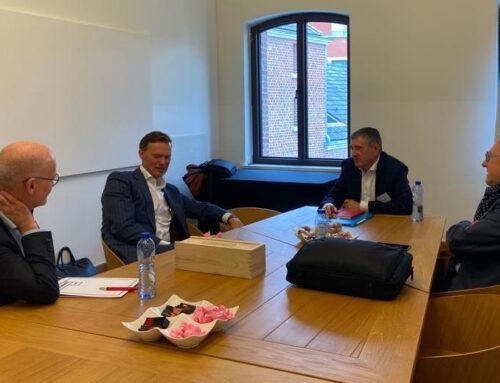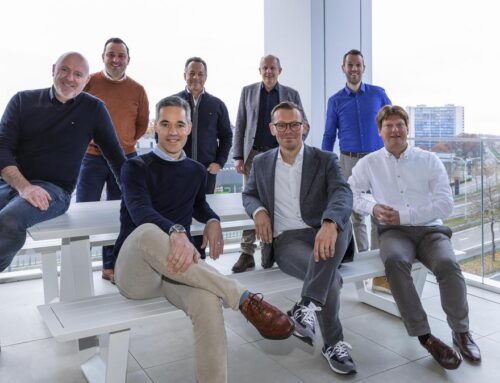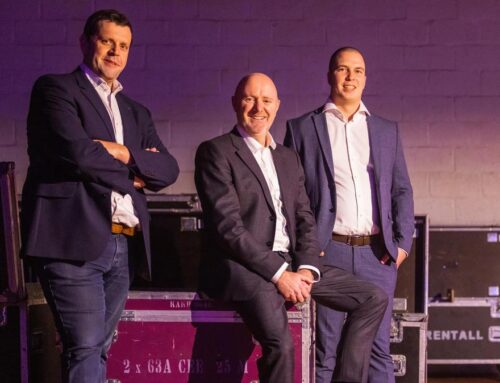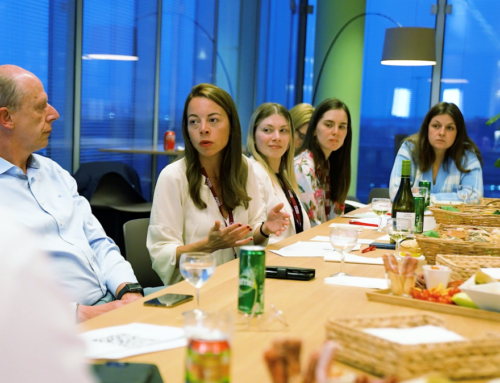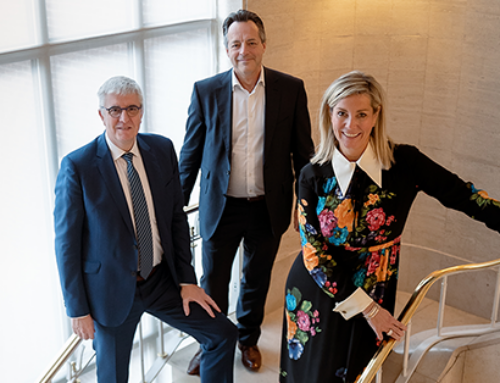“Buzzwords don’t grow the business”
BDO Global’s European Survey assesses growth ambitions and obstacles
Today, European businesses find themselves facing a growing number of challenges. So how do they intend to maintain their growth and market position in today’s fast-changing political, economic and social world? BDO Global conducted a Europe-wide survey among more than 200 business leaders, focusing on their 5-year strategy. We asked Trond-Morten Lindberg, CEO EMEA at BDO Global, to comment on the survey results.
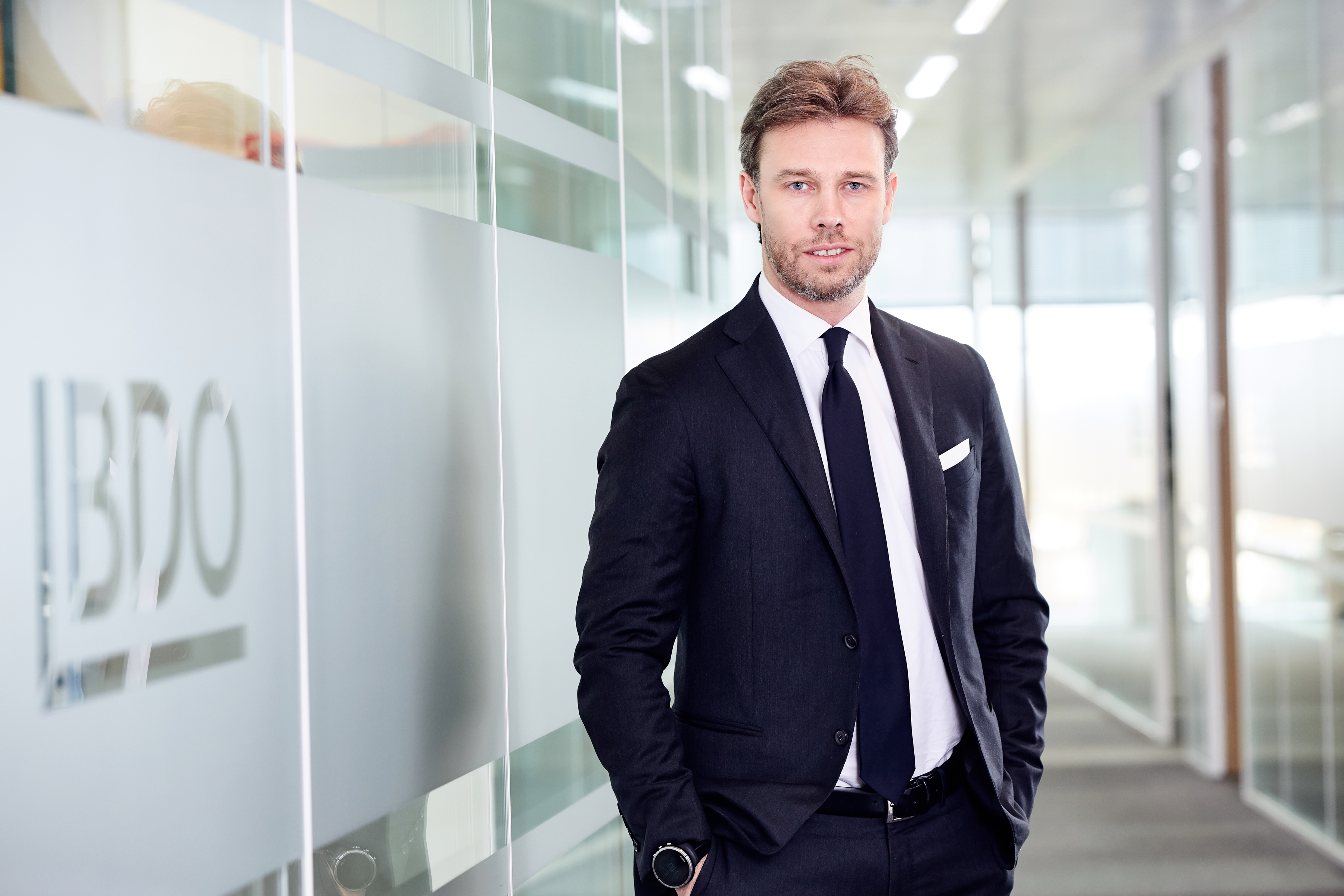
“Durf concrete vragen te stellen. Sta klaar om van mening te veranderen wanneer geopolitiek, technologie en talent dat ook doen.”
According to the European Commission, the medium-term outlook for a modest GDP growth is just 1.4% per year in 2020 and 2021. And yet two-thirds of the business leaders we surveyed were optimistic about their future strategy. Are they underestimating the changes ahead? Or even the impact that these changes will have on their operations? “Lofty words and visionary predictions don’t strike the right chord. That’s why it’s vital that you make the transition to everyday life, that you use these trends to define key challenges and opportunities. Only then can a company take feasible measures to keep growing and make the difference in its business,” Trond-Morten Lindberg explains.
Why did you organise this large-scale European Survey?
“The European landscape is characterised by political uncertainty and stagnating international trade. Promising buzzwords like ‘exponential growth’ or ‘technological disruption’ are bombarded around. But what does it all mean? We sought to understand how more than 200 business leaders and entrepreneurs in seven European countries think that they can continue to thrive, grow and maintain, or even strengthen their market position. Based on their responses, we identified five key challenges, opportunities and points for action. Our aim was to inspire our clients and other businesses.”
The geopolitical situation has always had an impact on the economic climate. So how is 2020 different?
“It’s true that politics have always played an important role. Just think about the impact of the French Revolution, the world wars, the oil crises. I always tell people to read Charles Dickens’s ‘A Tale of Two Cities’. So, the social (and technological) challenges that we are facing today are not new as such. They provide opportunities to some, and challenges to others. However, given that today’s businesses rely primarily on global expansion for growth, geopolitics will have a greater impact on their business strategy. The pace of change is also increasing. Nowadays, companies must adapt much more quickly to both international and local change.”
“Wie de leiders van morgen wil binnenhalen, moet ze vandaag al begrijpen.”
Belgium: a mature and well-thought-through vision for the future
When asked about the survey results for Belgium, Trond-Morten Lindberg is surprisingly positive: “Belgium has a very mature economy, is very advanced on the technological level and scores well in terms of cyber-security. Almost every company is currently taking initiatives to improve mobility or create a more flexible working environment. Technology (63%) and talent (56%) are also the two most important challenges for Belgian organisations. Moreover, they are not worried about political change (47%) and take a neutral view of the future political and economic situation. It looks as though Belgium is facing the future with sufficient self-confidence and a well-thought-through vision.”
The survey highlighted five key challenges. Which challenge is your #1?
“The five challenges are inextricably linked – but I do think that the greatest challenge lies in the interaction between technology and talent. How will tomorrow’s new talent deal with this? I often hear that the younger generations are ‘so different’. To be fair, I’ve also noticed a difference between today’s young adults and my twenty-year-old self. But it is vital that we understand them. Without talented young people, we will never be able to make an accurate assessment of future risks. It is crucial that organisations – and this includes BDO – keep up with technological developments while also hiring the right people who will bring real added value to the table for customers and markets. If you want to approach the next generation, you need to already understand them today.”
Do you think that the growing impact of EU regulation is an economic threat or a game-changer?
“All the legislation of the Member States is currently converging with the EU’s legislation. We even feel this impact in Norway, as a non-EU member. On the global level, however, there is much less convergence. In the long-term, this European convergence will be hugely beneficial, for the EU as an institution as well as for the European single market. If you can speak with one voice, you will have more of an impact in global discussions (in the WTO, for example). On the other hand, our customers are increasingly thinking globally. Doing business is always more convenient and less complicated if the rules of the game are the same everywhere you go.”
What are the five key challenges for businesses by 2025?
European business leaders are facing a lot of changes. How can they consolidate or strengthen their market position?
“They must dare to be bold. Ask the right people the right questions (see below), which isn’t always easy, I admit. People need to delve deeper and approach the younger generations – in addition to the C-levels – and listen to their unbiased thoughts and suggestions for insight into the real challenges and opportunities for your company. Today’s leaders don’t gather enough external input when mapping out their company’s strategy. You’ll only be able to make a sustainable difference – in the broadest possible sense of the word – if you’re not afraid to leave your comfort zone and challenge your own vision with questions that are well-thought-through.”
10 points to review for a consolidated leadership position
Which survey result did you find the most striking?
“There were several, actually. First of all, I am still surprised that companies are not delving more deeply into the underlying reason for the war for talent. Why has talent become so scarce? Is it the lack of specific skills? Is the target group less mobile? Are the youngsters less motivated? You need a competitive advantage to convince new talent to choose you rather than another company as an employer.”
More than one…
“In general, I also see a growing number of companies going ‘green’. But sustainability is not just limited to your environmental impact. The 17 UN Sustainable Development Goals also list indicators such as education, equality, peace and poverty. There is still a lot of potential for growth for many companies in this respect. And a sustainable company spirit is also important. For example, the young generations expect companies to invest their efficiency and technology profits in a more sustainable society. And, finally, I think it’s a good thing that companies are increasingly looking beyond national borders. BDO also has to continually feed this global ambition. Although our focus often tends to be on our own market, we must also guide our customers to new customers around the world. Thanks to our global network, they can rely on our experience and know-how in every step of the business chain.”
“Met de survey hopen we al onze klanten te inspireren. Ervaringen en visies te delen. Te motiveren vanuit een ander perspectief te kijken.”
Will this survey be repeated?
“Our goal is to organise this survey annually, and even increase the scope to include more countries. In two to three years, we’ll have a barometer to measure the ‘pressure’ of the business climate. We are aiming for a 5-year window. While a long-term vision is important, it cannot be covered in one go. Short- and medium-term goals and actions, combined with regular evaluations, seem like a more realistic approach. In that sense, doing business is very similar to sports. Here in Norway, everyone wants to become the world’s best skier, but you need more than just a dream. You have to understand and assess which efforts you must make to achieve your ambition … day after day.”

